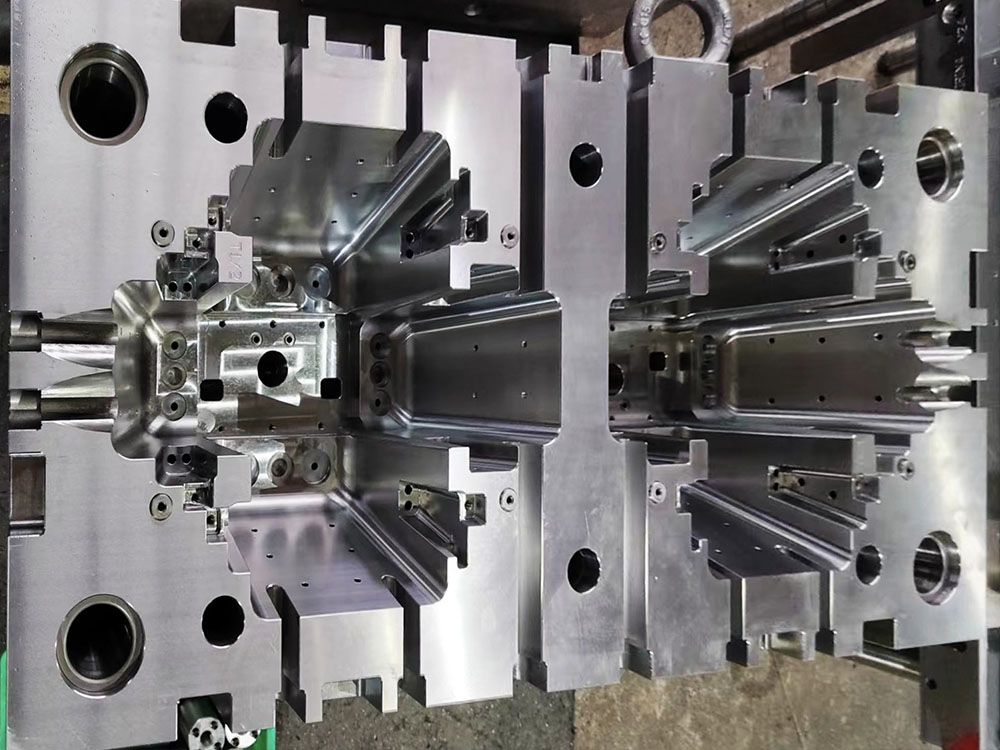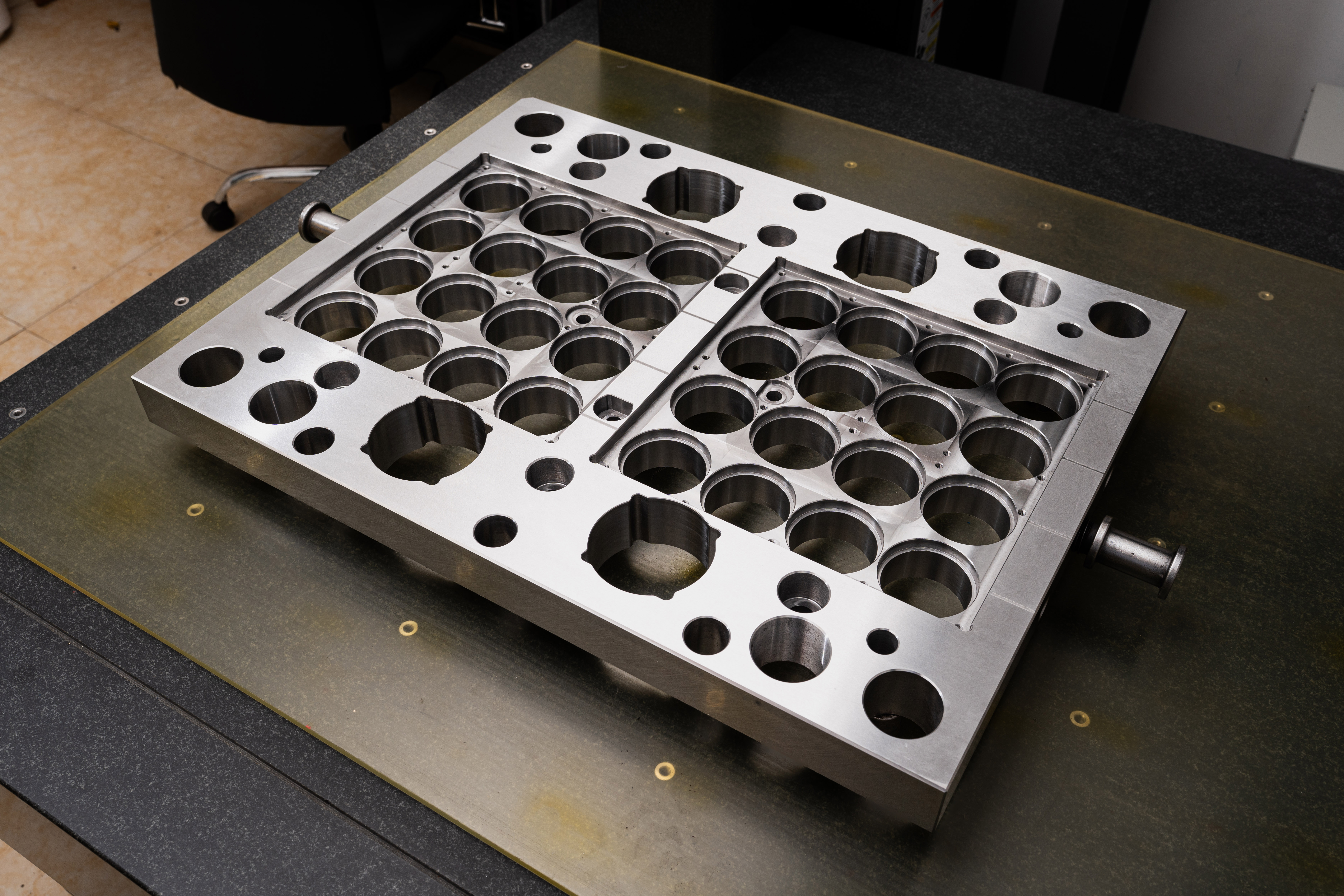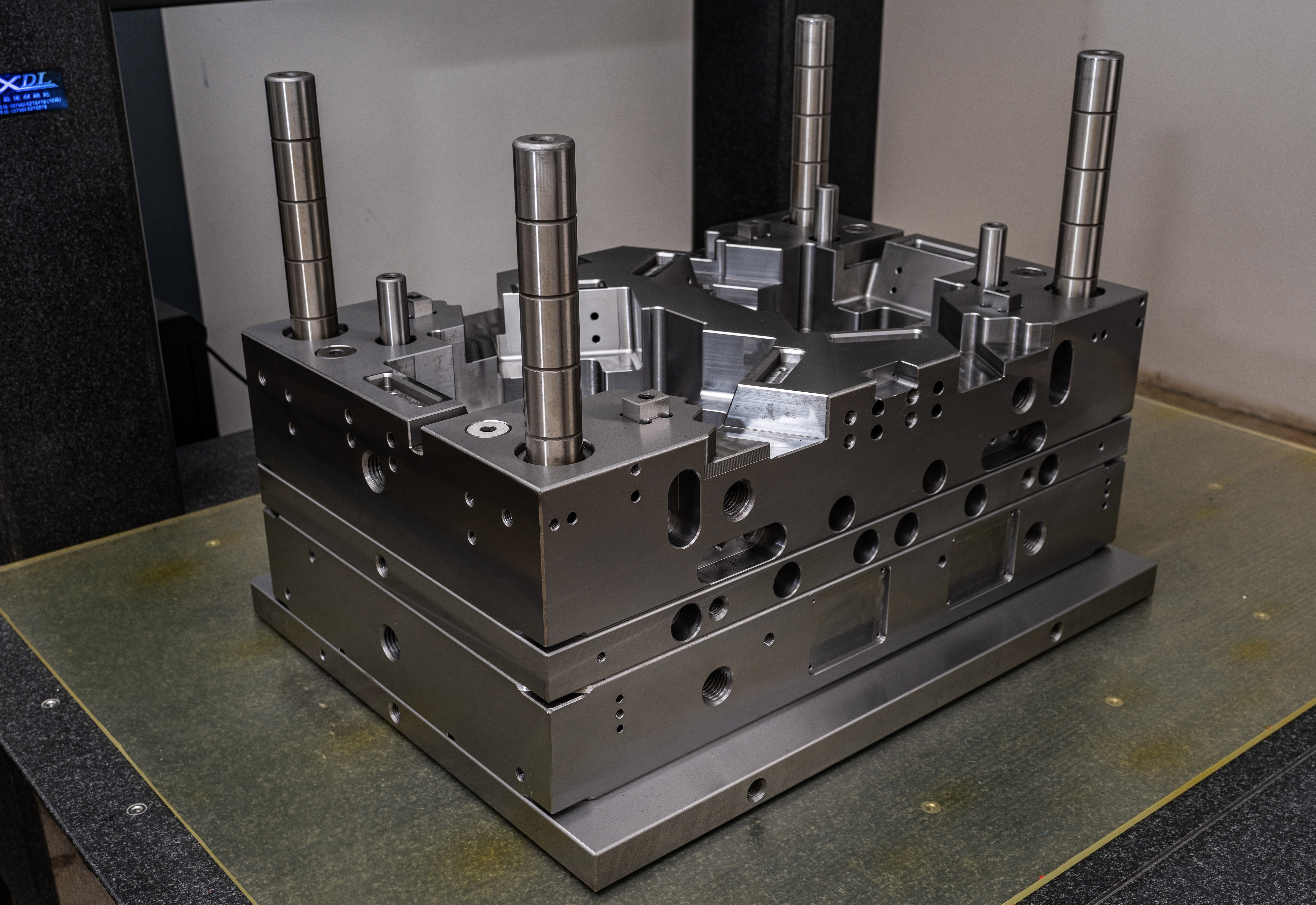Automation of Hardware Shelf: The Inevitable Trend in the Era of Intelligent Manufacturing
Introduction The mold base industry plays a crucial role in the manufacturing sector, providing the foundation for various products across different industries. In recent years, the demand for automation in hardware shelf production has been rapidly growing. This article will delve into the reasons behind the rising trend of automation in the hardware shelf industry and discuss its implications for the era of intelligent manufacturing.
Enhanced Efficiency and Quality Control
Automation in the hardware shelf industry offers numerous benefits, starting with enhanced efficiency in production processes. By automating tasks such as part assembly, welding, and surface treatment, manufacturers can significantly reduce the required labor and time, leading to improved productivity. Additionally, automation ensures consistent and precise dimensions and specifications, minimizing errors and defects throughout the manufacturing process. This not only enhances the quality of the hardware shelves produced but also reduces scrap rates, ultimately leading to cost savings.
Streamlined Supply Chain Management
Automation brings advantages not only within the production process but also throughout the entire supply chain. By integrating automated systems, manufacturers can streamline and optimize inventory management, reducing costs associated with excessive storage and stockouts. Real-time data can be collected, allowing for accurate demand forecasting and timely replenishment. Moreover, automation enables seamless communication between suppliers, manufacturers, and distributors, resulting in a synchronized supply chain that minimizes delays and bottlenecks.
Worker Safety and Skill Enhancement
Automation technology reduces the physical strain on workers and minimizes their exposure to hazardous materials, ultimately improving worker safety. Dangerous tasks, such as heavy lifting and exposure to toxic substances, can be delegated to automated machinery, eliminating health risks. This shift towards automation also opens new opportunities for skill enhancement among workers. As technology advances, employees can acquire the necessary skills to operate, maintain, and troubleshoot complex automated systems, leading to professional growth and job satisfaction.
Adaptability to Customization
In today's market, customization plays a crucial role in meeting customer demands. Automation in the hardware shelf industry enables manufacturers to respond quickly and efficiently to customization requests. Automated systems can be easily reprogrammed to adjust specifications, dimensions, or finishing options, allowing for flexible production processes. By automating customization, manufacturers can reduce lead times and increase customer satisfaction.




